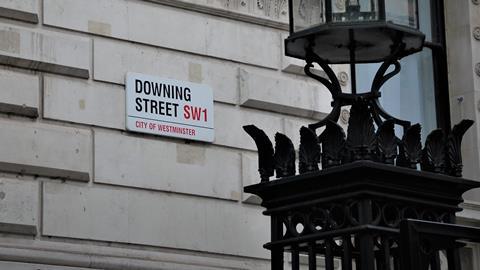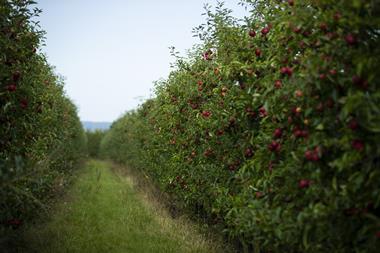It was noticeable the government chose to use megawatts as the preferred measurement in its announcement of a new Energy Bills Discount Scheme yesterday. Because as the dust settles, it’s clear there is nothing mega about the discount for the vast majority of food and drink businesses.
For those who haven’t quite got their heads around the figures yet, the bailout means businesses will be compensated by up to £6.97/MWh for gas bills and up to £19.51/MWh for electricity, provided wholesale prices reach certain thresholds once the current package ends in March.
So, drumroll please: that amounts to 0.7p and 2p respectively when translated into kilowatt hours, the preferred terminology when ministers made their much more generous bailout back in September.
“It’s no wonder Jeremy Hunt didn’t want to make the announcement himself,” says one industry source. “This level of support is so paltry it confirms all our worst fears.”
ACS CEO James Lowman tweeted: “Wrote and deleted a thread last night on business energy bill support, because it didn’t seem plausible that the government was offering less than 2p per kWh discount for businesses (I thought it must have been 19.6p) What?!?!”
Granted, many food and drink companies will have support beyond that. Prices will be capped by a maximum unit discount of £40.00/MWh for gas and £89.10/MWh for electricity for those in the most “energy intensive” sectors.
The list of those qualifying for special support includes makers of bread, cheese, confectionery, meat and poultry, sugar and oils, along with the likes of breweries and cider makers.
As this column went to press, there was still doubt over whether it included glasshouse growers and the protected horticulture sector. But one thing is for sure: this is a cut-price bailout from a chancellor desperate to keep prices down.
Hunt said yesterday his key priority was to fight inflation. The estimated £5.5bn bailout, which is set to run all the way until next March at less than a third of the cost of the current package, was billed as a balance between supporting hard-pressed businesses and safeguarding the taxpayer from inflation.
The trouble, of course, is that the two don’t sit hand in hand. The food and drink industry is already at the heart of record inflation figures, and CPI requests went off the chart in January. So one thing guaranteed to keep the pressure on inflation is another energy price hike hurtling down the tracks, even if UK wholesale gas prices have been falling of late.
In choosing to offer basic compensation to all businesses, rather than completely target the package, there is also a danger Hunt has spread the net so thinly that the impact will be negligible.
The chancellor, of course, will be hoping the tumult of world events will have calmed by the time the package ends next spring – most notably the war in Ukraine. That should bring with it an easing of pricing pressures.
Let’s all say amen to that. But should it not prove the case, there will be two potential outcomes. Either the chancellor will be back with another government bailout in a year’s time, or hundreds if not thousands of businesses will be at risk of heading for the wall.
Happy new year everyone.




















No comments yet